ICB 100th Session Programme
| Thursday, 7 December | |||
|---|---|---|---|
| Part 1: Connecting ICB’s history to its present | CHAIR: Anne La Flamme | ||
| 12:50 | Immunology & Cell Biology - 100 years in the making | Gabrielle Belz | University of Queensland |
| 13:10 | John Fraser | University of Auckland | |
| 13:30 | Su Heinzel | Walter and Eliza Hall Institute of Medical Research | |
| Part 2: Looking toward ICB’s future | CHAIR: Jessica Borger | ||
| 13:50 | Panel discussion | Adrian Liston | University of Cambridge |
| Anne La Flamme | Victoria University of Wellington | ||
| Gabrielle Belz | University of Queensland | ||
| Christopher Parish | The John Curtin School of Medical Research | ||
| 14:20 | Join us in celebrating ICB’s 100th with cake and prizes | ||
ICB 100th Session Speakers
Anne La Flamme
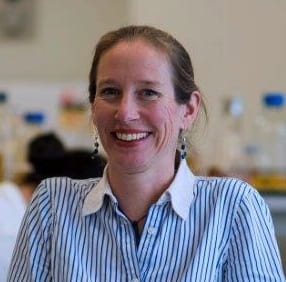
Prof La Flamme received her BSc in Life Sciences from the Massachusetts Institute of Technology (MIT) followed by an MSc in Molecular Parasitology and PhD in Immunoparasitology from the University of Washington, Seattle. After receiving her doctorate, Prof La Flamme spent several years at Cornell University studying how schistosome worms alter the host’s immune response and cause immune-mediated pathology. From this work, she developed a research programme investigating how to regulate the immune system to treat immune-mediated diseases such as multiple sclerosis. Currently, she is a Professor in the School of Biological Sciences at Victoria University of Wellington and leads the Multiple Sclerosis Research Programme at the Malaghan Institute of Medical Research. This research programme combines the use of experimental models to understand human disease processes with the translation of these basic research findings into clinical applications.
Gabrielle Belz
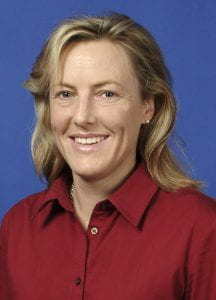
Professor Gabrielle Belz trained in veterinary medicine and surgery. She received her PhD and DVSc from the University of Queensland and undertook her postdoctoral training in immunology with Laureate Professor Peter Doherty. She has made major contributions to the field of immunology (>220 papers) for which she was awarded a Doctor of Veterinary Science and has received the Gottschalk Medal (AAS), a Howard Hughes Medical Institute Investigator Award and is a Clarivate Highly Cited Researcher. She has major interests are in understanding the factors that shape innate and adaptive immune responses that lead to long-term protective memory, how fine tuning of the mucosal immune system of the gut and lung impact immune homeostasis, and how dysregulation of these systems results in both local and systemic disease.
John Fraser
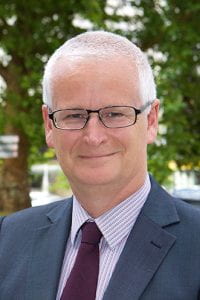
John is a past president of ASI and a long standing member of the society. He is also Dean of the Faculty of Medical Sciences at the University of Auckland. John has a PhD from Auckland University and conducted postdoctoral research at Harvard University with Jack Strominger on MHC and T cell Receptor. He is a Fellow of the Royal Society of New Zealand. His research continues to focus on the mechanisms of microbial virulence and pathogenesis and the development of new bacterial vaccines.
Susanne Heinzel
 Dr Susanne Heinzel is a cellular immunologist at the Walter and Eliza Hall Institute for Medical Research in Melbourne. Her work focuses on the quantitative analysis of the rules that govern the activation, survival and differentiation of T and B lymphocytes in health and disease. She is interested to understand how signal integration and regulation of cell fate timers in lymphocytes shape the immune response. She has discovered the role of the oncogene Myc as a ‘division timer’ in healthy lymphocytes. Her work has been published in journals such as Science, Nat Immunology, Nat Comms, JI, PNAS and ICB. She is the founder of the ASI-Advanced Immunology School and was president of the ASI 2017-2018.
Dr Susanne Heinzel is a cellular immunologist at the Walter and Eliza Hall Institute for Medical Research in Melbourne. Her work focuses on the quantitative analysis of the rules that govern the activation, survival and differentiation of T and B lymphocytes in health and disease. She is interested to understand how signal integration and regulation of cell fate timers in lymphocytes shape the immune response. She has discovered the role of the oncogene Myc as a ‘division timer’ in healthy lymphocytes. Her work has been published in journals such as Science, Nat Immunology, Nat Comms, JI, PNAS and ICB. She is the founder of the ASI-Advanced Immunology School and was president of the ASI 2017-2018.
Jessica Borger
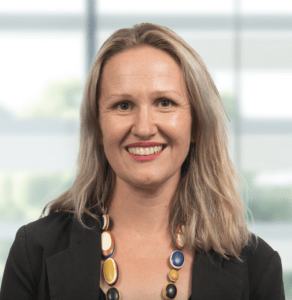
Dr Jess Borger is a passionate science communicator, immunologist, educator and national leader in Diversity and Inclusion in STEMM. Following 14 years in the UK, initially completing a prestigious Medical Research Council PhD scholarship at the National Institute of Medical Research awarded through University College London, then as a Postdoctoral Researcher at the University of Edinburgh, Jess transitioned into education, being appointed as the inaugural Graduate Course Convenor at the Central Clinical School, Monash University.
As the current Leader of the Scientific Education Team at WEHI, Jess manages the delivery of Honours, coursework degrees and graduate research academic programs and is committed to identifying, creating and implementing scientific resources and tools, and facilitating academic development events, workshops and opportunities to provide novel training opportunities for the students to apply within their current research roles and to enhance their career progression in academia and beyond.
Adrian Liston
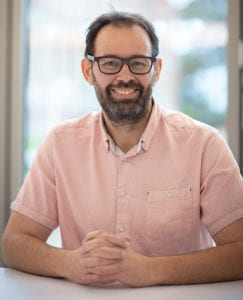
Adrian Liston is Professor of Pathology at Department of Pathology. Liston trained at Adelaide University before a PhD at the Australian National University, and a post-doc at the University of Washington, with additional degrees in Higher Education and Public Health. Liston started his career as an independent researcher at the VIB and University of Leuven in Belgium, where he ran a lab with Dr James Dooley for 10 years (2009-2018) before moving the lab to the Babraham Institute in 2019. Between 2019 and 2023, the Liston-Dooley lab worked on biotechnology developments in neuroinflammation, developing new therapeutic approaches and setting up a spin-off company Aila Biotech Ltd. In 2023, the Liston-Dooley laboratory relocated to the Department of Pathology, where Liston took up the position of Professor of Pathology.
Christopher Parish
Bio to come

Anne La Flamme
Prof La Flamme received her BSc in Life Sciences from the Massachusetts Institute of Technology (MIT) followed by an MSc in Molecular Parasitology and PhD in Immunoparasitology from the University of Washington, Seattle. After receiving her doctorate, Prof La Flamme spent several years at Cornell University studying how schistosome worms alter the host’s immune response and cause immune-mediated pathology. From this work, she developed a research programme investigating how to regulate the immune system to treat immune-mediated diseases such as multiple sclerosis. Currently, she is a Professor in the School of Biological Sciences at Victoria University of Wellington and leads the Multiple Sclerosis Research Programme at the Malaghan Institute of Medical Research. This research programme combines the use of experimental models to understand human disease processes with the translation of these basic research findings into clinical applications.
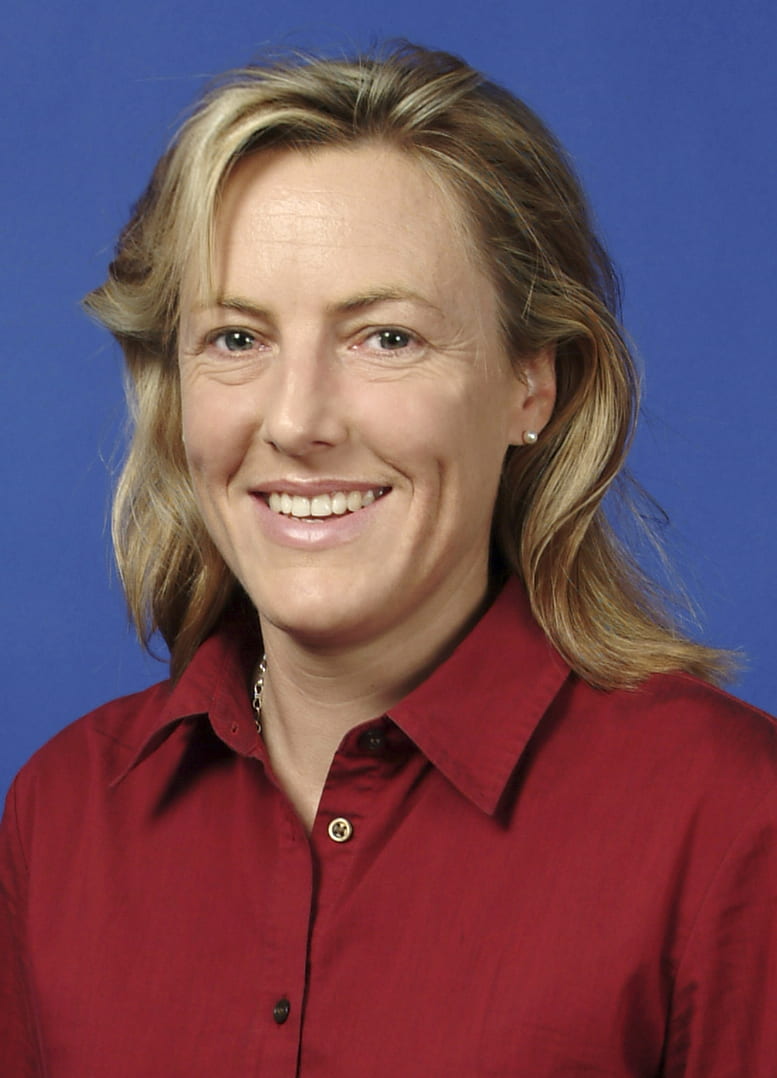
Gabrielle Belz
Professor Gabrielle Belz trained in veterinary medicine and surgery. She received her PhD and DVSc from the University of Queensland and undertook her postdoctoral training in immunology with Laureate Professor Peter Doherty. She has made major contributions to the field of immunology (>220 papers) for which she was awarded a Doctor of Veterinary Science and has received the Gottschalk Medal (AAS), a Howard Hughes Medical Institute Investigator Award and is a Clarivate Highly Cited Researcher. She has major interests are in understanding the factors that shape innate and adaptive immune responses that lead to long-term protective memory, how fine tuning of the mucosal immune system of the gut and lung impact immune homeostasis, and how dysregulation of these systems results in both local and systemic disease.
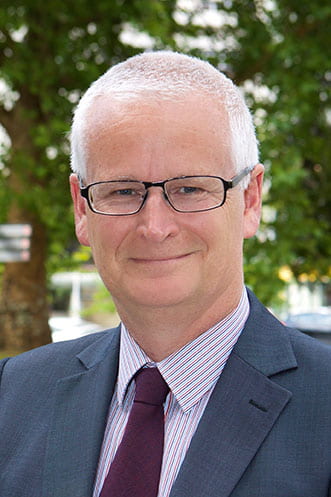
John Fraser
John is a past president of ASI and a long standing member of the society. He is also Dean of the Faculty of Medical Sciences at the University of Auckland. John has a PhD from Auckland University and conducted postdoctoral research at Harvard University with Jack Strominger on MHC and T cell Receptor. He is a Fellow of the Royal Society of New Zealand. His research continues to focus on the mechanisms of microbial virulence and pathogenesis and the development of new bacterial vaccines.
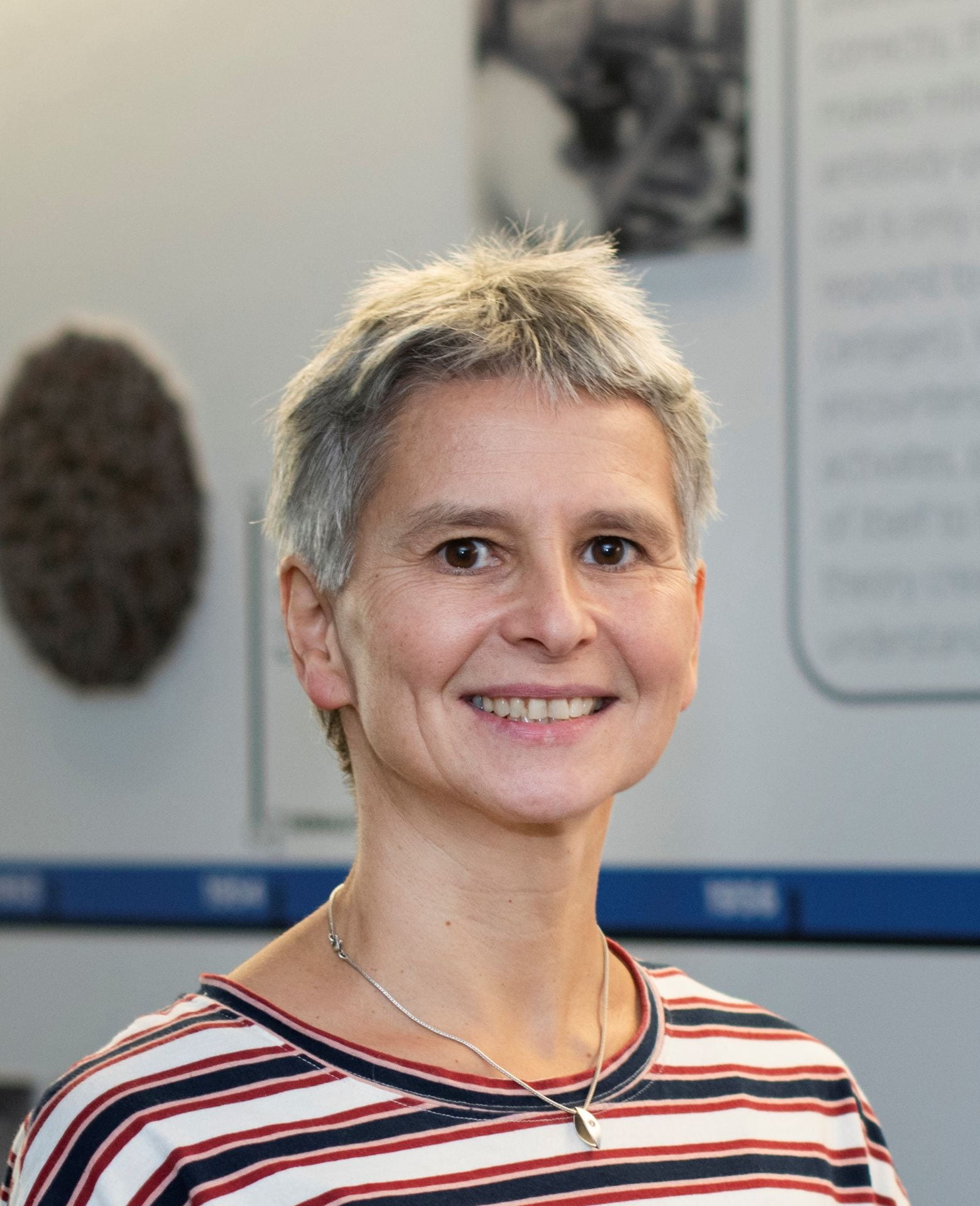
Susanne Heinzel
Dr Susanne Heinzel is a cellular immunologist at the Walter and Eliza Hall Institute for Medical Research in Melbourne. Her work focuses on the quantitative analysis of the rules that govern the activation, survival and differentiation of T and B lymphocytes in health and disease. She is interested to understand how signal integration and regulation of cell fate timers in lymphocytes shape the immune response. She has discovered the role of the oncogene Myc as a ‘division timer’ in healthy lymphocytes. Her work has been published in journals such as Science, Nat Immunology, Nat Comms, JI, PNAS and ICB. She is the founder of the ASI-Advanced Immunology School and was president of the ASI 2017-2018.
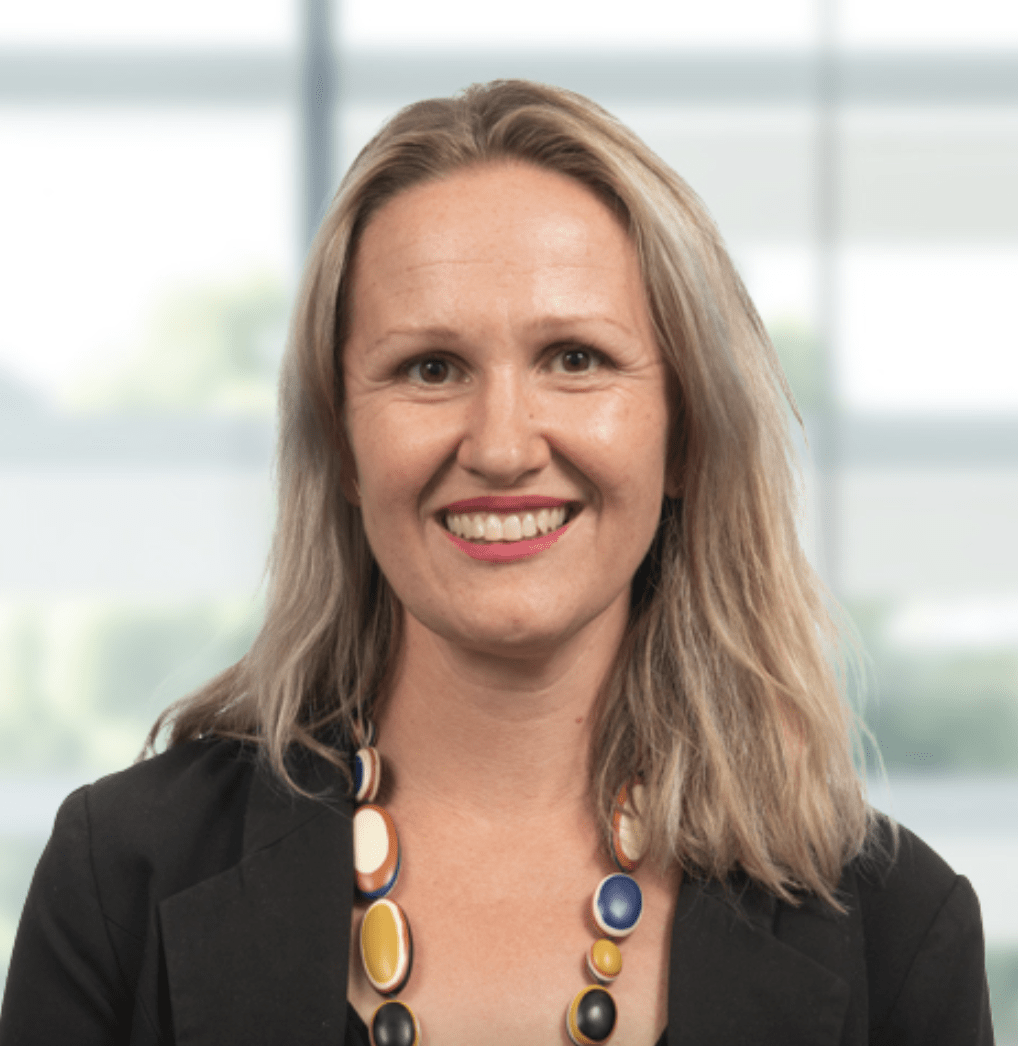
Jessica Borger
Dr Jess Borger is a passionate science communicator, immunologist, educator and national leader in Diversity and Inclusion in STEMM. Following 14 years in the UK, initially completing a prestigious Medical Research Council PhD scholarship at the National Institute of Medical Research awarded through University College London, then as a Postdoctoral Researcher at the University of Edinburgh, Jess transitioned into education, being appointed as the inaugural Graduate Course Convenor at the Central Clinical School, Monash University.
As the current Leader of the Scientific Education Team at WEHI, Jess manages the delivery of Honours, coursework degrees and graduate research academic programs and is committed to identifying, creating and implementing scientific resources and tools, and facilitating academic development events, workshops and opportunities to provide novel training opportunities for the students to apply within their current research roles and to enhance their career progression in academia and beyond.
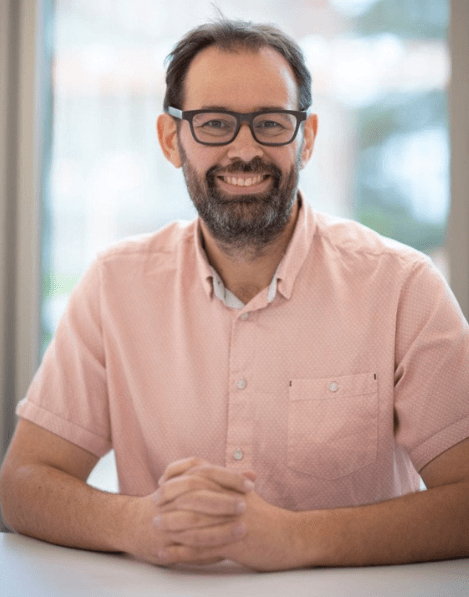
Adrian Liston
Adrian Liston is Professor of Pathology at Department of Pathology. Liston trained at Adelaide University before a PhD at the Australian National University, and a post-doc at the University of Washington, with additional degrees in Higher Education and Public Health. Liston started his career as an independent researcher at the VIB and University of Leuven in Belgium, where he ran a lab with Dr James Dooley for 10 years (2009-2018) before moving the lab to the Babraham Institute in 2019. Between 2019 and 2023, the Liston-Dooley lab worked on biotechnology developments in neuroinflammation, developing new therapeutic approaches and setting up a spin-off company Aila Biotech Ltd. In 2023, the Liston-Dooley laboratory relocated to the Department of Pathology, where Liston took up the position of Professor of Pathology.
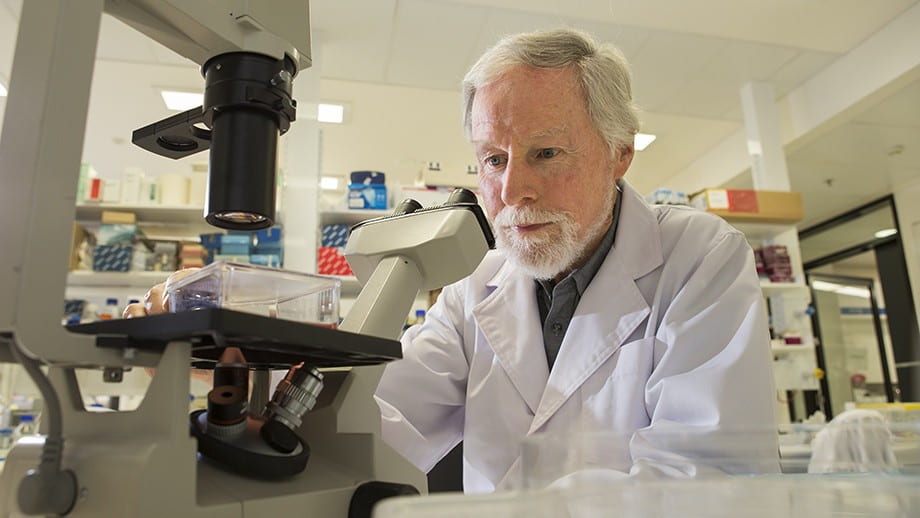
Christopher Parish
Bio to come
